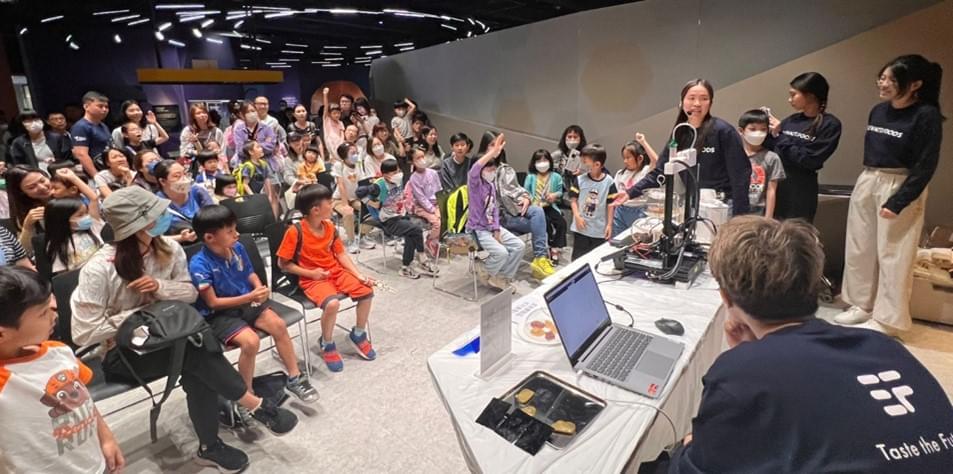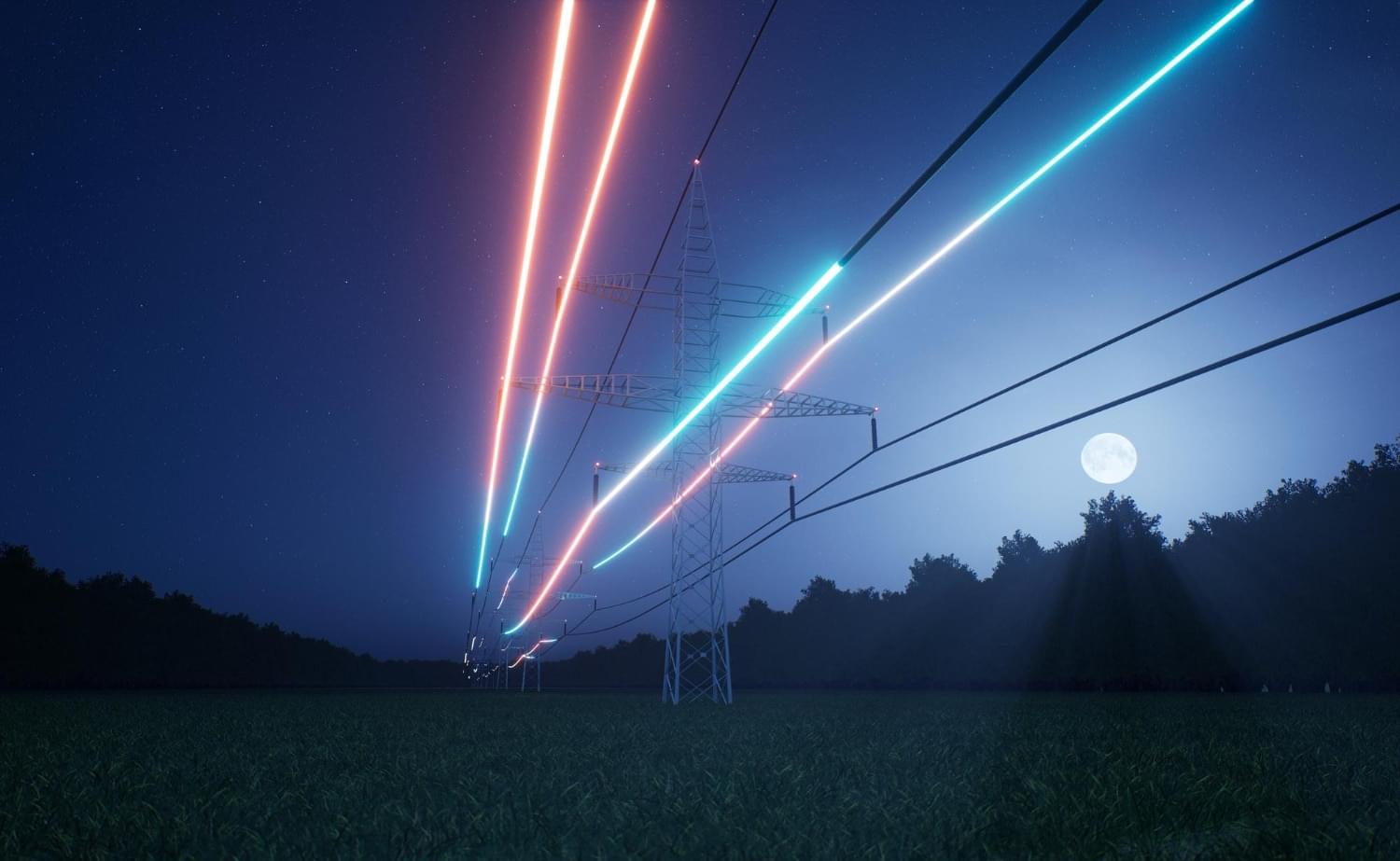Only for 48 hours, enjoy 20% OFF on all Hoverpens and free shipping to most countries with code SABINE: North America / UK / Australia / International: https…
Category: science – Page 17
EPA considers eliminating its science arm
The Environmental Protection Agency (EPA) is considering the elimination of its science arm and firing most of that branch’s employees according to documents reviewed by the Democratic staff …
Dr. Catharine Young, Ph.D. — Science, Policy And Advocacy For Impactful Health Ecosystems
Science, Policy And Advocacy For Impactful And Sustainable Health Ecosystems — Dr. Catharine Young, Ph.D. — fmr. Assistant Director of Cancer Moonshot Policy and International Engagement, White House Office of Science and Technology Policy (OSTP)
Dr. Catharine Young, Ph.D. recently served as Assistant Director of Cancer Moonshot Policy and International Engagement at the White House Office of Science and Technology Policy (https://www.whitehouse.gov/ostp/) where she served at OSTP to advance the Cancer Moonshot (https://www.cancer.gov/research/key-i… with a mission to decrease the number of cancer deaths by 50% over the next 25 years.
Dr. Young’s varied career has spanned a variety of sectors including academia, non-profit, biotech, and foreign government, all with a focus on advancing science.
Dr. Young previously served as Executive Director of the SHEPHERD Foundation, where she championed rare cancer research and drove critical policy changes. Her work has also included fostering interdisciplinary collaborations and advancing the use of AI, data sharing, and clinical trial reform to accelerate cancer breakthroughs.
Dr. Young’s leadership in diplomacy and innovation includes roles such as Senior Director of Science Policy at the Biden Cancer Initiative and Senior Science and Innovation Policy Advisor at the British Embassy, where she facilitated international agreements to enhance research collaborations.
Ep-09-Aubrey de Grey: Can We Reverse Aging? Rapamycin, mTOR & Longevity Science
43:10 Aubrey talks about costs.
In this episode of Becoming Young, Josh and Janae sit down with legendary longevity researcher Aubrey de Grey to explore the future of aging science and what it means for human lifespan. They dive deep into the latest breakthroughs in mTOR, rapamycin, senescence, and cellular rejuvenation, uncovering how cutting-edge research is redefining what’s possible for human healthspan.
Things we discussed…
The history of aging research and why scientists once believed aging was inevitable.
Aubrey de Grey’s new mouse studies and what they reveal about reversing aging.
Rapamycin, mTOR, and autophagy—how this pathway influences longevity.
The role of senolytics and clearing aging cells to extend healthspan.
What the future holds: Are we on the verge of radically extending human lifespan?
This is a must-watch for anyone interested in biohacking, anti-aging science, and longevity breakthroughs.
Subscribe for more expert interviews on longevity, biohacking, and peak performance!


What is Quantum Entanglement? NASA Science
💫 Meet the area of science that even Albert Einstein himself called “spooky”: quantum entanglement! 🤯
Classical physics is the force governing an extremely predictable world, where an apple set on a table stays there until something causes it to move again.
In the quantum world, not only can the apple end up on Mars, but, hypothetically, it could exist both on the table and on Mars at the same time. It could even be inextricably tied to another apple in some other part of the universe through entanglement. Thus, “reality” as we know it is much more uncertain, with the possibility for many solutions or outcomes to exist, rather than just one.
Quantum entanglement remains a spooky part of our world. Check out the resources below to learn more about how NASA scientists are working to unravel the mysteries of our quantum universe.
Scientists are developing a groundbreaking method to eliminate potentially fatal diseases: ‘This is what science is’
Join our free newsletter for weekly updates on the latest innovations improving our lives and shaping our future, and don’t miss this cool list of easy ways to help yourself while helping the planet.
First appeared on The Cool Down.

ISD Research Team Showcased 3D Food Printing Technology on the Members’ Day of Hong Kong Science Museum
#learningwithoutboundaries.
Prof. Mitch LI’s team from the Division of Integrative Systems and Design (ISD) was cordially invited to be the guest speaker of “Members’ Day: Sci-Fi or not?”, organized by Hong Kong Science Museum on Mar 28, 2024 to showcase the innovative 3D food printing technology.

Room-temperature superconductors: New discovery brings science closer to the dream
However, their reliance on extremely low temperatures has limited their practical applications. Now, scientists may be one step closer to breaking that barrier.
In groundbreaking research led by Professor Kostya Trachenko of the Queen Mary University of London, the maximum temperature at which superconductors can operate has been linked to fundamental constants of nature, such as the electron mass, electron charge, and the Planck constant.
These constants, essential for atomic stability and star formation, set the upper limit for superconducting temperatures between hundreds and a thousand Kelvin. Encouragingly, this range includes room temperature.
It’s Up to Us to Save Science in America
Find your local event or ACT locally with Stand up for Science: https://standupforscience2025.org/
Much of the information in the first half of this video comes from friend of the channel Zach Hancock’s wonderful video: https://www.youtube.com/watch?v=GagHHh1KenU&t=536s